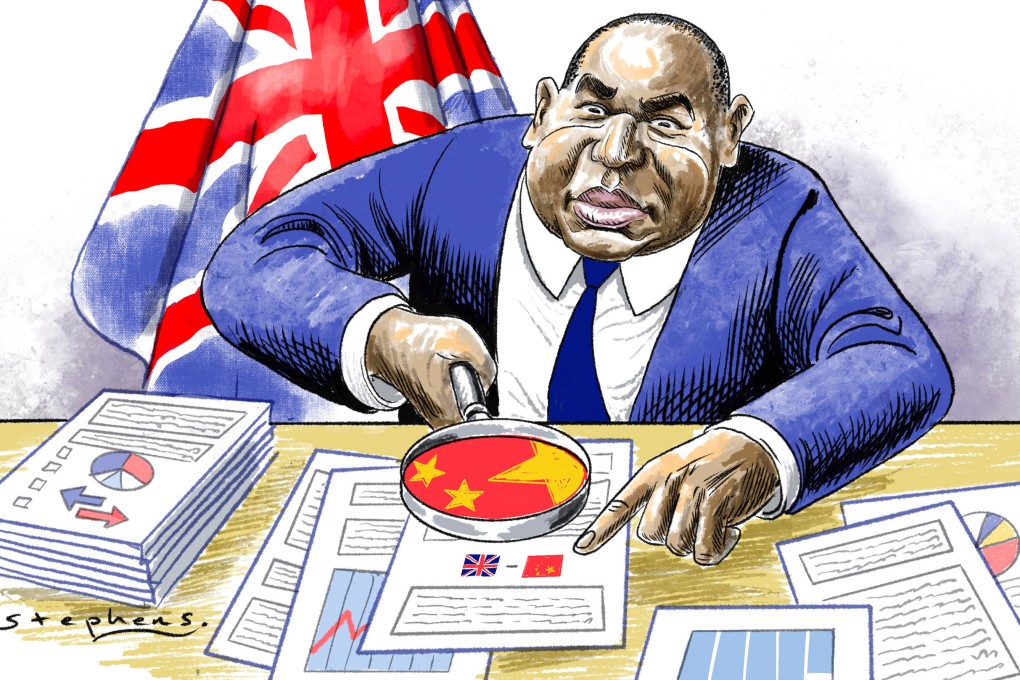Advertisement
Opinion | 3 factors that will shape Britain’s China policy under Labour
- The British economy’s woes, US influence and tension between chasing growth and upholding British values will guide Labour’s policymaking
Reading Time:3 minutes
Why you can trust SCMP
6

The ushering in of a new Labour Party government in the UK after 14 years of Conservative rule leads to the big question of whether Britain’s foreign policy towards China will change and, if so, how.
Advertisement
The UK’s China policy has seen various phases over the past half a century or so. The UK and China were once on opposite sides of the cold war and for the UK, dealing with China in the same period was related to China’s policies towards Hong Kong.
For the UK, relations with China over the same period were largely focused on Hong Kong’s status. However, with China’s growing economic clout and its entry into the World Trade Organization in 2001, the UK began to look at China as a potential vehicle of investment and economic growth.
Between the Conservative Party taking power in 2010 and its heavy defeat in the general election this month, British foreign policy went through several twists and turns. The early part of the 2010s were deemed a “golden era” in Sino-British relations, with Britain welcoming a growing number of Chinese students to its universities and rising levels of bilateral trade and investment.
Subsequent years saw relations experience a downturn, however. Part of the reason for this was the UK’s “special relationship” with the US and their shared values. This period included pressure on the Conservative government to roll back its engagement with China, particularly on issues of British carriers using Chinese 5G technology (seen as a means of espionage).
Advertisement
Further adding to concerns about Chinese influence in the UK were reports of Chinese espionage and British universities being too reliant on fees from Chinese students and Chinese funding for grants and joint projects, the latter raising fears about self-censorship and an erosion of academic freedom.

Advertisement
